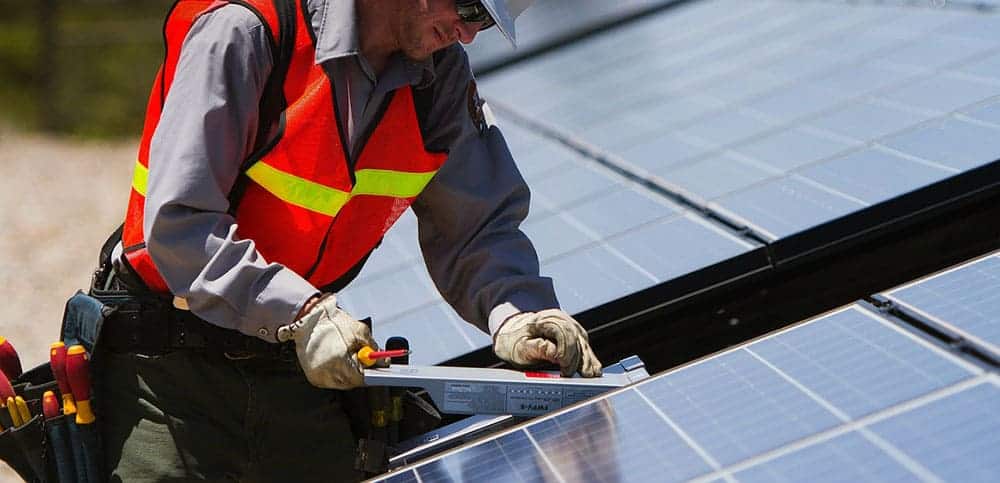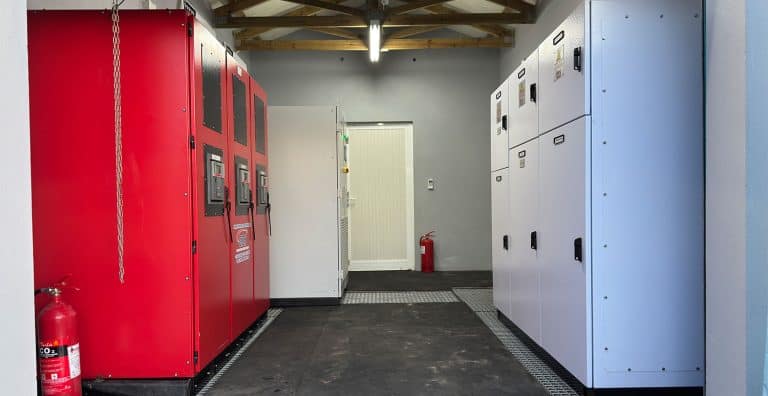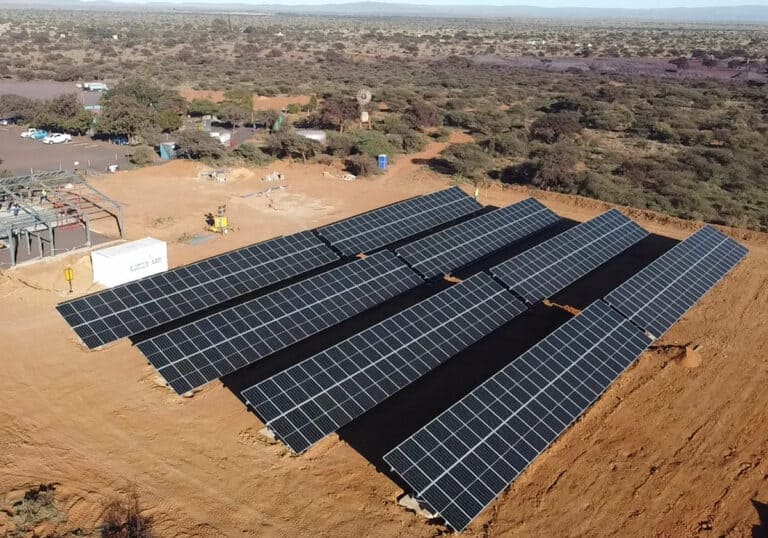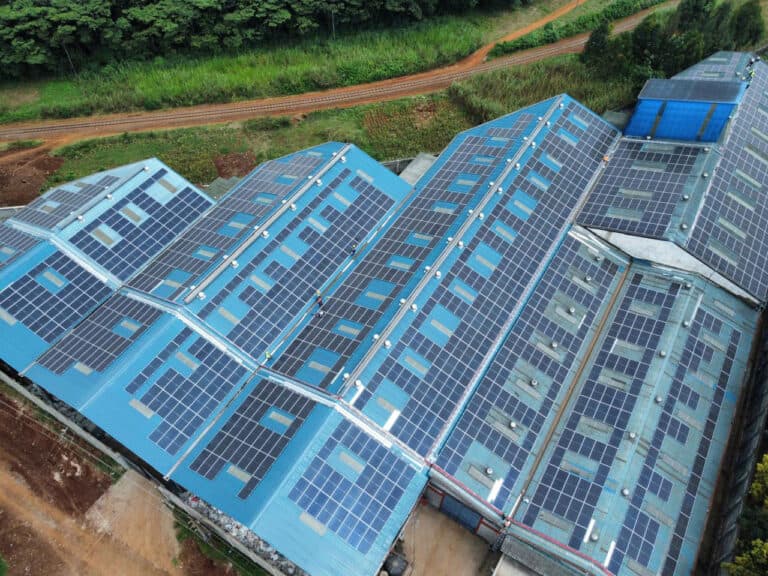Progressive power solutions.
In recent times, the use of solar panels has been on a high. The popularity is because of the advantages that come with solar energy harnessing and the ease of installation of the solar panels. In many parts of the world, you can hardly drive past any two homes without seeing solar panels on the rooftops of the homes. The reason for the rampant usage of the solar energy could be that it is clean, easily affordable and has zero effect on the environment. It is less costly as compared to other traditional or even modern energy sources.
Most people wonder how the solar panels convert solar energy into electrical power and what factors they ought to consider before acquiring one for themselves.
Before you plan to install solar panels for your home here are a few factors that you ought to consider:
Space and orientation
The available roof space and the orientation of your home are important. The solar panels should be placed where there is maximum direct sunlight available. In the southern hemisphere your panels should ideally face due north and opposite in the northern hemisphere. The installed location should ensure that trees and surrounding buildings do not obstruct the solar panels from receiving direct sunshine.
Number of panels
Your household consumption of electricity and how much you want to supplement from solar power will determine the number of solar panels you need. The systems are modular and you can add more panels in the future. The important consideration is the inverter you use should be able to handle the additional panels or you may need to install another inverter.
Storage requirements
Solar panels only produce power when the sun shines. They don’t store energy. If you want to have access to energy when the sun is not shining, then you need to consider batteries. In this sense, you should decide how much power you want from the batteries and for how long. You would also need a special battery inverter to charge and discharge batteries. Batteries add quite a lot to the cost of a system and have a limited lifespan as current batteries last roughly 5 years depending on how frequently and deep you discharge them. They do provide power during loadshedding which will be extremely beneficial as Eskom’s woes continue.
The type of solar panels best suited for you
A solar system can save you money as the technology has become affordable and price of grid electricity keeps rising. It is important to know which solar technology to use as different types are suitable for different conditions. Solar energy systems will help you save money, besides being better for the environment.





